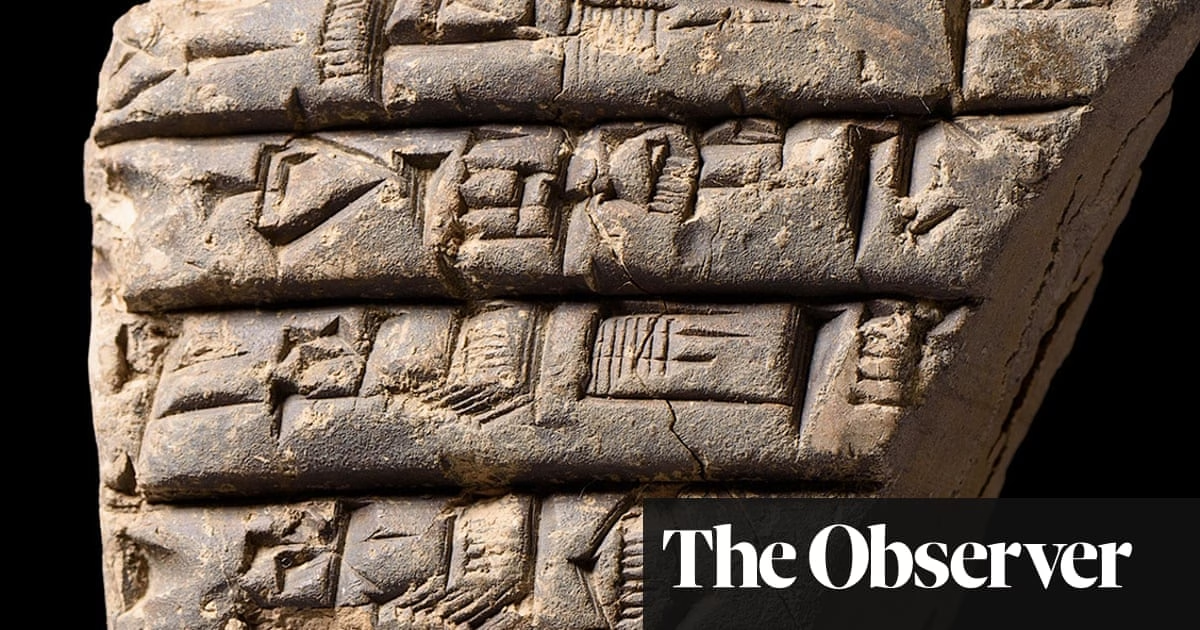The administrative complexity of ancient bureaucracy, similar to that of government red tape today, has been uncovered in Mesopotamia, dating back over 4,000 years. Archaeologists from the British Museum and Iraq have unearthed hundreds of administrative tablets, representing the earliest physical records of the first empire in history, which reveal a detailed and extensive bureaucracy from antiquity. These tablets, discovered at the ancient Sumerian site of Girsu, which is modern-day Tello and was under Akkad control from 2300 to 2150BC, disclose the inner workings of state governance, including records of state affairs, deliveries, and expenditures, ranging from sheep and livestock to grains and precious materials.
Sébastien Rey, curator for ancient Mesopotamia at the British Museum and Director of the Girsu Project, likens this ancient bureaucracy to the modern-day Whitehall, suggesting that these tablets are essentially the spreadsheets of empire, offering real evidence of imperial control and functionality. The tablets chronicle the minutiae of life in a society where even the death of a sheep was recorded, signifying an obsessive attention to bureaucratic detail.
The discovery and excavation of these tablets provide a significant understanding of the Akkadian Empire, which was previously known mainly through incomplete and less reliable royal inscriptions and later copies. The meticulous work of conservators like Dana Goodburn-Brown, a British-American conservator, ensures that these historical artifacts can be properly transcribed and studied, unveiling the roles of women, including high priestesses, within the society and the range of professions from craftsmen to temple sweepers.
The tablets, located in a large state archive building, were found in their original context, providing invaluable insights into the administrative and social structures of ancient Mesopotamia. This project, a collaboration between the British Museum and the Iraqi government’s State Board of Antiquities and Heritage, funded by the Meditor Trust, aims to understand the operation of one of humanity’s first empires and its legacy for future generations. Despite the looting and damage inflicted upon the site after the Gulf wars, these new findings offer an unprecedented glimpse into the world’s first bureaucracy and imperial control.
Source: https://www.theguardian.com/science/2025/mar/15/stone-tablets-mesopotamia-iraq-red-tape-bureaucracy








